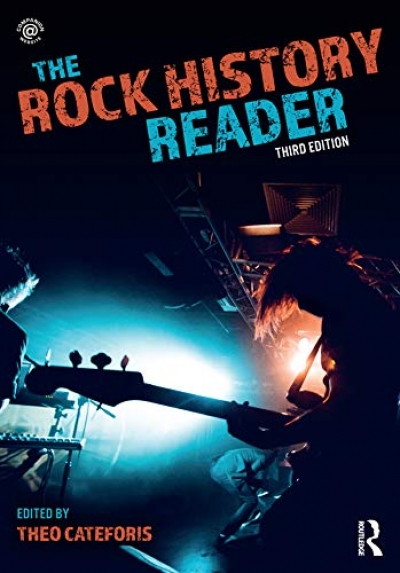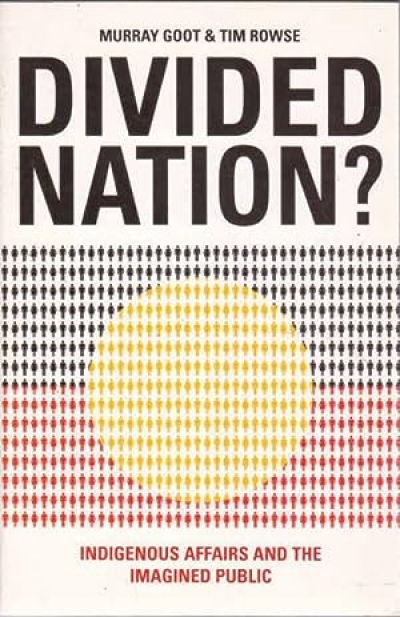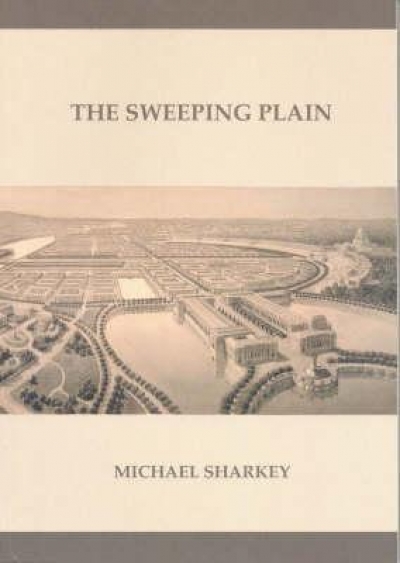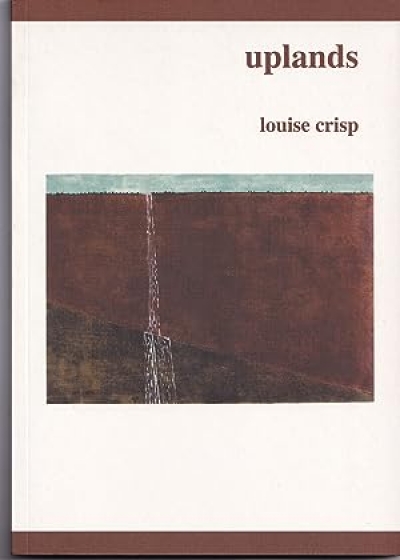Review
Inside Spin: The Dark underbelly of the the PR industry by Bob Burton
by Grant Bailey •
Romancing Opiates: Pharmacological lies and the addiction bureaucracy by Theodore Dalrymple
by Andrew Burns •
Wild Ride: The rise and fall of Cobb & Co. by Sam Everingham
by Steve Gome •
Divided Nation: Indigenous Affairs and the Imagined Public by Murray Goot and Tim Rowse
by Anthony Moran •
The Evolution Revolution: Design Without Intelligence by Ken McNamara and John Long
by Ian Gibbins •
The Feasts and Seasons of John F. Kelly by Robert Pascoe
by Michael McGirr •









